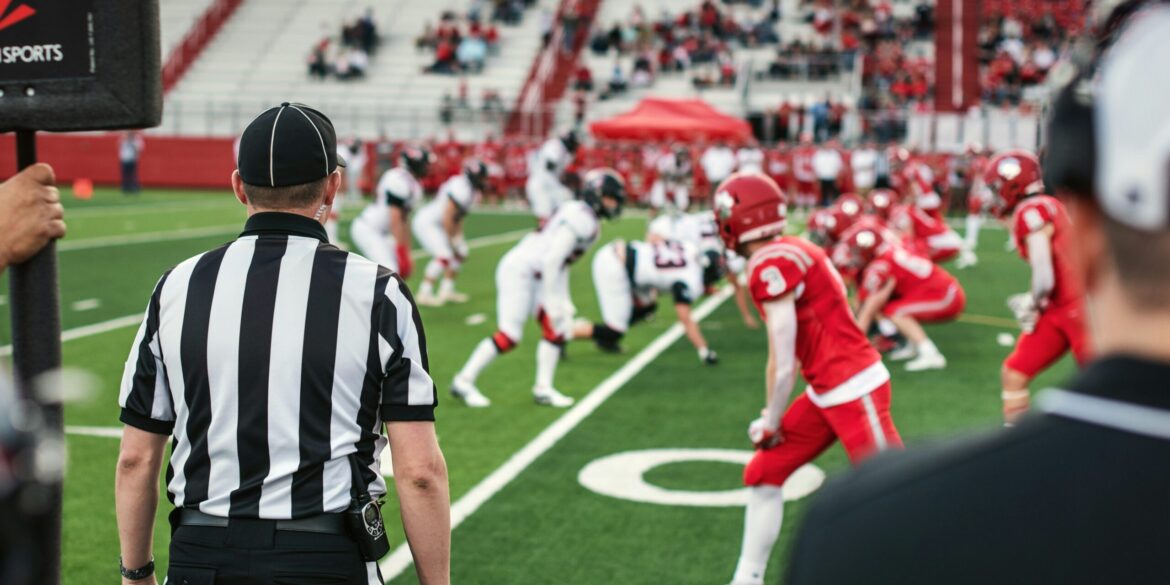On July 24, 2025, President Donald Trump signed a sweeping executive order designed to protect and, where possible, expand athletic scholarships and competitive opportunities for student‑athletes, with an emphasis on women’s and non‑revenue sports, the White House announced.
The order carries several directives aimed at regulating the rapidly evolving world of college athletics. Among its key elements, it seeks to curtail third‑party “pay‑for‑play” payments while continuing to allow student‑athletes to earn compensation from name, image, and likeness (NIL) endorsements. This step is meant to restore financial integrity and competitive balance across collegiate sports.
In addition, the order instructs the Department of Labor and the National Labor Relations Board to clarify whether college athletes should be considered employees. This guidance is expected to help institutions preserve the educational nature of collegiate sports, rather than allowing them to morph into professional leagues.
The executive order also directs the Justice Department and the Federal Trade Commission to take a more active role in protecting the existing structure of collegiate athletics. This includes upholding systems that feed into Team USA and maintaining fairness under Title IX, the landmark law ensuring gender equity in educational programs and activities, including sports.
One of the order’s most publicized goals is to preserve and expand scholarship opportunities and roster spots for student‑athletes in women’s sports and non‑revenue generating programs. These include Olympic and other lower‑profile sports that often receive limited funding but play a critical role in athletic development and academic opportunities. The administration emphasized that protecting these disciplines is essential to maintaining equitable access and fairness across the athletic spectrum.
Read Also: https://mensinsider.com/tour-de-france-footage-goes-live-on-u-s-streaming-services/
NCAA President Charlie Baker responded positively to the executive order, stating it offers much‑needed national guidance amid a patchwork of conflicting state laws and court decisions. However, legal scholars and policy experts have raised concerns over whether the executive branch has the authority to enforce such mandates without congressional legislation. They note that unless Congress codifies these changes, long‑term implementation could be challenged.
The backdrop to this executive action is the chaotic aftermath of the NCAA’s interim policy introduced in June 2021, which allowed college athletes to profit from their NIL. In the years since, a surge in commercial deals and direct school payments to athletes has created what some critics describe as a “Wild West” environment, complicating efforts to regulate fairness and sustainability in college sports.
The administration’s order arrives at a time when several legislative proposals—such as the SCORE Act—are pending in Congress. These bills aim to create a unified national standard for NIL rights and athlete status. However, with no legislation yet passed, the executive order serves as a temporary framework, though its enforcement power remains uncertain.
The executive order may have immediate consequences for college athletic departments. Schools with high‑revenue sports like football and men’s basketball may need to reallocate resources to meet equity requirements and preserve other programs. Athletic departments that previously cut lower‑revenue sports could also face pressure to reinstate them or justify their elimination in light of Title IX scrutiny.
A particularly contentious issue is the question of athlete labor status. If student‑athletes are classified as employees, schools could be held liable for wages, health benefits, and other employment protections. That determination could significantly reshape the financial landscape of college sports, forcing institutions to make difficult decisions about program viability and compliance.
Complicating matters further, the NCAA is rolling out major rule changes for the 2025–26 academic year. These include revised scholarship limits and reduced roster sizes, which could result in thousands of student‑athletes losing their spots. The executive order aims to counteract these reductions by reinforcing the importance of scholarship preservation.
While many in the collegiate sports community welcome the White House’s involvement, most analysts agree that durable reform will require action from Congress. The order may provide temporary relief or clarity, but only federal legislation can establish binding national standards for athlete compensation and classification.
Critics warn that without clear enforcement mechanisms, the executive order could result in schools finding ways to cut costs at the expense of lower‑revenue sports, even as they attempt to comply with its spirit. Others worry that the federal government’s expanded role could diminish the NCAA’s autonomy or shift too much oversight to political actors.
In the coming weeks, federal agencies are expected to submit detailed recommendations and guidelines for schools, covering issues such as compensation structure, scholarship distribution, and compliance with antitrust laws. These recommendations will likely shape future NCAA decisions and influence how schools manage their athletic programs.
President Trump’s executive order represents one of the most significant federal interventions in college sports history. While it attempts to stabilize a rapidly changing landscape, the ultimate effectiveness of these measures will depend on coordination among federal agencies, lawmakers, and educational institutions.


